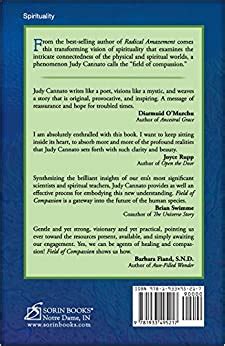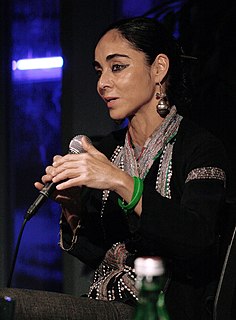A Quote by Joseph Campbell
Every myth is psychologically symbolic. Its narratives and images are to be read, therefore, not literally, but as metaphors.
Quote Topics
Related Quotes
Dream is personalized myth, myth is depersonalized dream; both myth and dream are symbolic in the same general way of the dynamics of the psyche. But in the dream the forms are quirked by the peculiar troubles of the dreamer, whereas in myth the problem and solutions shown are directly valid for all mankind.
When we talk about the Universe Story we are talking about the acquisition of a totally new paradigm, one which overturns many of the patterns that we unconsciously believe to be true. There is not simply the addition of new metaphors and images, but the metaphors and images themselves flow out of a new consciousness inspired by a new awareness of the cosmos.
Literally, the Bible is a gigantic myth, a narrative extending over the whole of time from creation to apocalypse, unified by a body of recurring imagery that "freezes" into a single metaphor cluster, the metaphors all being identified with the body of the Messiah, the man who is all men, the totality logoi who is one Logos, the grain of sand that is the world.
Organized religion is sane and not silly when read as myth and poetry rather than science and law. Religion speaks nonsense when taken literally, but reveals some of the deepest truths of humankind when understood mythically, poetically, and even allegorically-that is when it is read with an active and creative imagination.


































